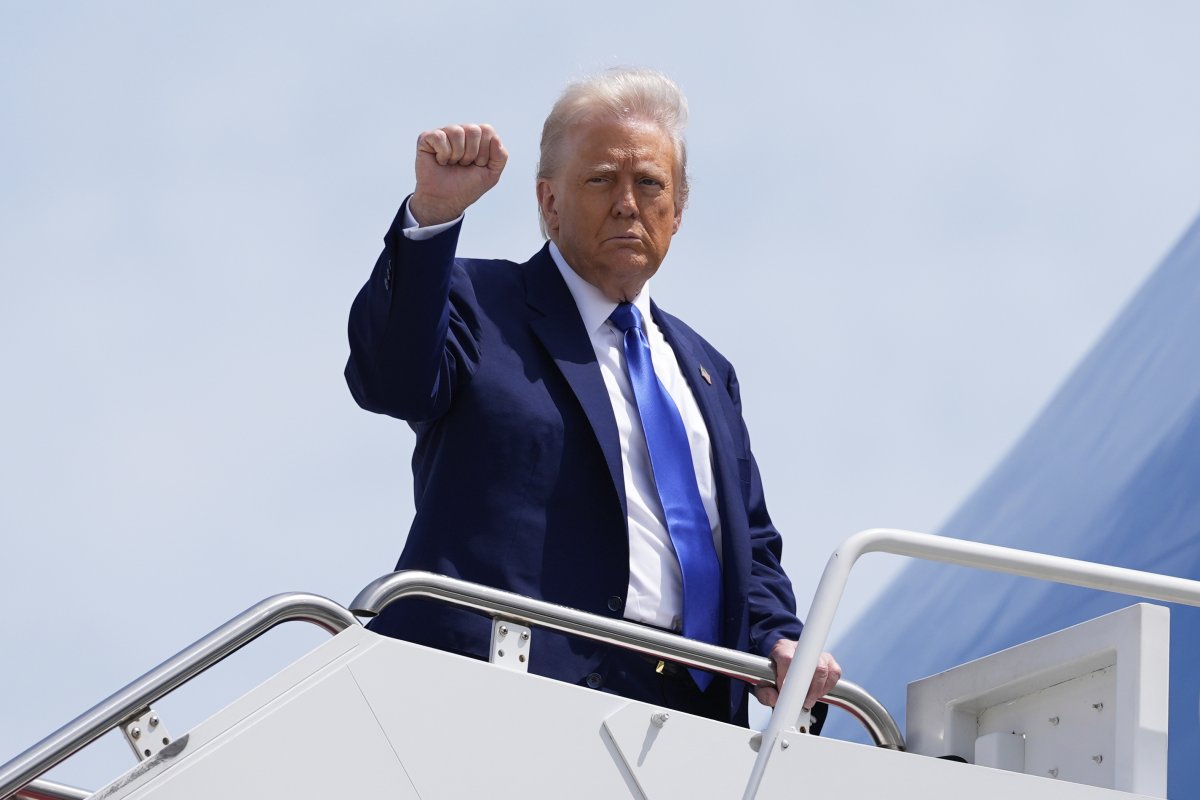The Evolving Role of the Church in Modern Social Issues
The role of the church has always extended far beyond weekly services and traditional ceremonies. In recent years, social and political changes have thrust faith communities into the spotlight, often challenging them to respond compassionately and ethically to new dilemmas. One prominent example is the ongoing discussion about refugee resettlement and the stance of various churches on issues of justice and morality.

The Church as a Guardian of Social Justice
Churches have long played a pivotal role in advocating for marginalized groups. The Episcopal Church, for instance, recently found itself at the center of a complex debate regarding refugee resettlement. In a statement that drew international attention, the Episcopal Church announced it would end its partnership with the U.S. government on refugee resettlement. This moral decision was rooted in opposition to the fast-tracked resettlement of white Afrikaners from South Africa, a move ordered by the Trump administration. The church reasoned that participating in this program would conflict with its historic commitment to racial justice and reconciliation. To learn more about this development, you can read the NPR report on the Episcopal Church's stance.
Navigating Political Pressures
The actions of the church did not go unnoticed in the political arena. Some groups, particularly supporters of former President Trump, have criticized the church’s refusal to cooperate with the government’s resettlement plans. There has even been public outcry demanding that church funding be withdrawn. A recent Newsweek article details how these pressures have heightened the stakes for both religious leaders and policymakers. Despite such opposition, the church insists on upholding its mission of justice and compassion for all, regardless of political ramifications.
Global and Local Impacts of Church Decisions
The implications of these choices extend far beyond denominational boundaries. When a major church body like the Episcopal Church takes a stand, it sends a powerful message to congregations and the broader public. It serves as a call for unity in pursuing values like equality, compassion, and support for vulnerable communities. At the same time, the church continues to find ways to provide aid to refugees, even as formal government partnerships shift or dissolve.
Though responses to the church’s actions have been mixed, one fact remains clear: the influence of religious institutions on social issues is as strong as ever. As new challenges arise, the church will likely continue to play a central role in shaping discussions and offering support to those in need.
Conclusion: The Enduring Relevance of the Church
In the face of changing social landscapes, the church’s commitment to justice and compassion persists. Whether advocating for the oppressed, challenging government policies, or supporting community integration, the church remains a guiding force for many. Its evolving role ensures that faith continues to intersect meaningfully with key issues of our time.
For further reading on recent refugee arrivals and the church's involvement, visit this Washington Post feature on Afrikaner refugees.